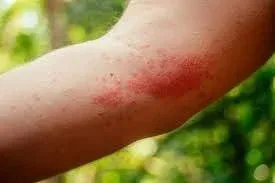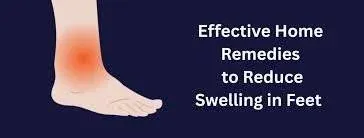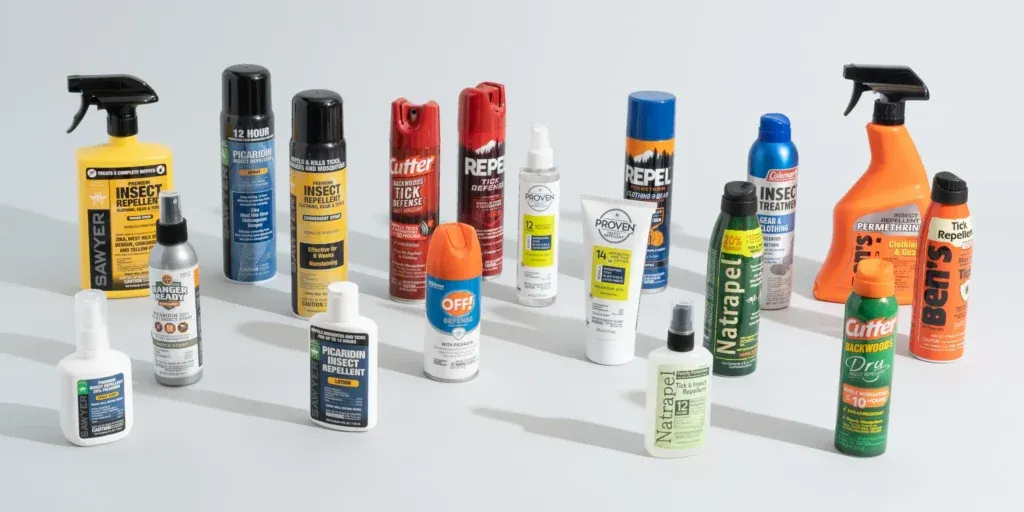Experiencing a sting—whether from a bee, wasp, or other insect—can trigger pain, swelling, and inflammation. While topical treatments and medical care are important, your diet plays a surprisingly big role in how quickly you recover. Certain foods can worsen inflammation, slow down healing, and even aggravate allergic reactions. Knowing which foods to avoid after a sting can help your body heal more effectively and reduce discomfort.
Why Diet Matters After a Sting
When an insect injects venom into your skin, your immune system responds with inflammation to neutralize the toxins. However, some foods can fuel this inflammation, making symptoms like swelling, redness, and itching last longer. Choosing anti-inflammatory foods and avoiding inflammatory triggers can speed up recovery.
Top Foods to Avoid After a Sting
1. Processed Sugars and Sweets
Candy, pastries, and sugary drinks can cause spikes in blood sugar and increase inflammatory markers in the body. High sugar intake can also suppress immune function, making it harder for your body to fight off venom effects.
2. Refined Carbohydrates
White bread, pasta, and baked goods made from refined flour have a high glycemic index, leading to inflammation. Opt for whole grains like oats, quinoa, or brown rice instead.
3. Fried and Greasy Foods
Fried chicken, chips, and fast food are loaded with unhealthy fats that trigger inflammatory responses. These fats can worsen swelling and slow down tissue repair.
4. Dairy Products (for Sensitive Individuals)
While dairy isn’t harmful to everyone, some people experience increased mucus production and skin flare-ups after consuming milk, cheese, or ice cream. If you notice worsened symptoms after dairy, it’s best to skip it during recovery.
5. Red and Processed Meats
Bacon, sausages, and fatty cuts of beef contain saturated fats that may promote inflammation. Lean proteins like fish, turkey, or plant-based options are better choices.
6. Alcohol
Alcohol can dilate blood vessels, increasing swelling and itching around the sting site. It can also dehydrate you, slowing the healing process.
7. Spicy Foods
While spicy foods have some health benefits, capsaicin can sometimes aggravate skin irritation and increase histamine release, intensifying allergic symptoms.
8. High-Sodium Snacks
Salt-heavy snacks like chips, pretzels, and instant noodles can cause water retention, which might make swelling from a sting worse.
What to Eat Instead
To promote faster healing, focus on:
Fresh fruits like berries, papaya, and pineapple (rich in vitamin C and anti-inflammatory compounds).
Leafy greens such as spinach and kale.
Healthy fats from avocados, olive oil, and nuts.
Herbal teas like chamomile or green tea to calm inflammation.
Hydrating foods such as cucumbers, watermelon, and citrus fruits.
Final Thoughts
Your recovery after a sting isn’t just about creams and ointments—it’s also about what’s on your plate. By avoiding processed, inflammatory foods and prioritizing nutrient-rich, anti-inflammatory options, you give your body the best chance for quick and comfortable healing.
If you experience severe allergic reactions, such as difficulty breathing or extreme swelling, seek medical attention immediately.





